Why We Should Cry about Victory
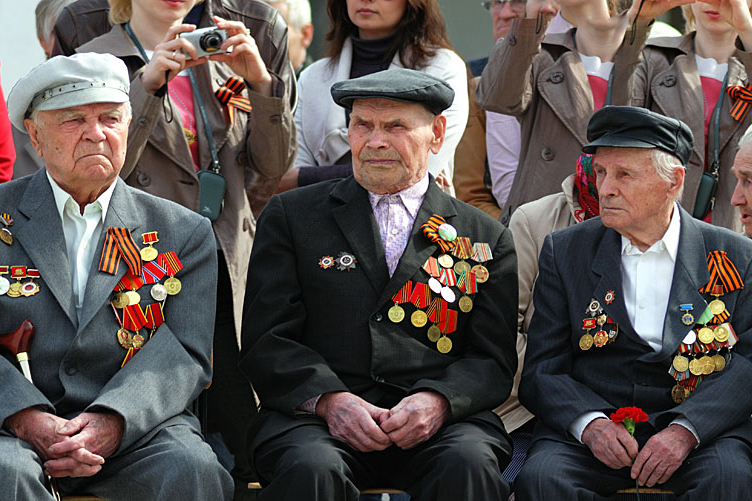
What sort of truth do people really need to hear about war? “Ethics after the GULAG” conference participants Fr. Georgy Mitrofanov and Fr. Georgy Kochetkov consider this question.
– How have the 20th c. and the Great Patriotic War (WWII) changed the way we, as a nation, relate to life and death and their importance/value?
Fr. Georgy Mitrofanov:
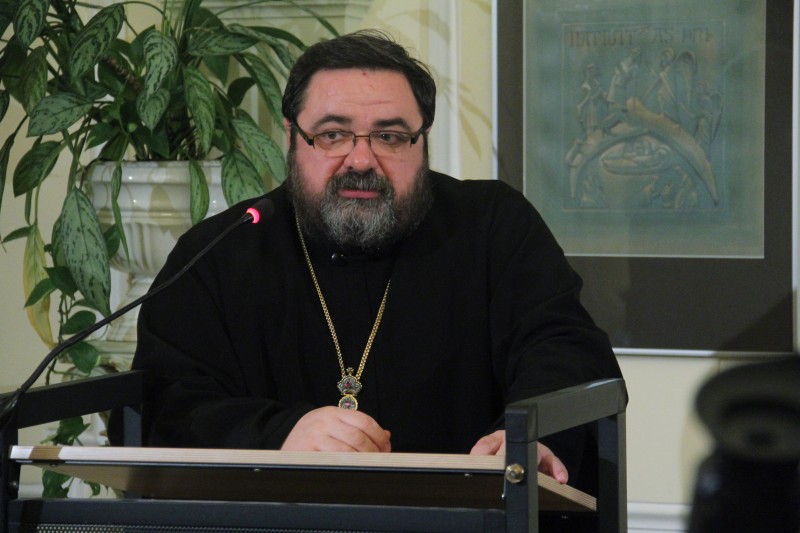
– It is unquestionable that Christianity brought into the world a categorically new understanding of the value of human life for world culture. But, over the course of many centuries, Christians themselves have related to life in an absolutely pagan fashion, which is to say they have not placed a very high value on it.
For the first time in human history, in the 20th c. international conventions were adopted which somewhat softened the consequences of war, improving the treatment of prisoners, the civilian population, etc. But at the same time, it was the 20th century that gave us the two largest wars. And the 2nd World War probably turned out to be the cruellest, and resembled ancient wars, fought for total destruction. Only this time total destruction was sanctioned by totalitarian ideologies.
At the same time, having suffered an enormous number of deaths in the 20th c., humankind – once again in an unprecedented fashion – tried to create a system of collective security which would no longer allow world wars. But we need to admit that it isn’t moral values that have saved us, thus far, from a 3rd “hot” World War, but the appearance of nuclear weapons: it is only the prospect of total mutual destruction (TMD) that has stopped the people who were striving to solve various political questions through wars – and this isn’t the best of motivations.
After the 2nd World War, which took tens of millions of lives, an understanding that war is a great misfortune, a temptation, and a sin, began to appear within Christian nations. We need to admit that the experience of WWII, in which a significant portion of the human population of the world participated, was nevertheless understood in a Christian way in the end, despite the fact that both Europe and North America experienced such a significant secularization in the 2nd half of the 20th c.
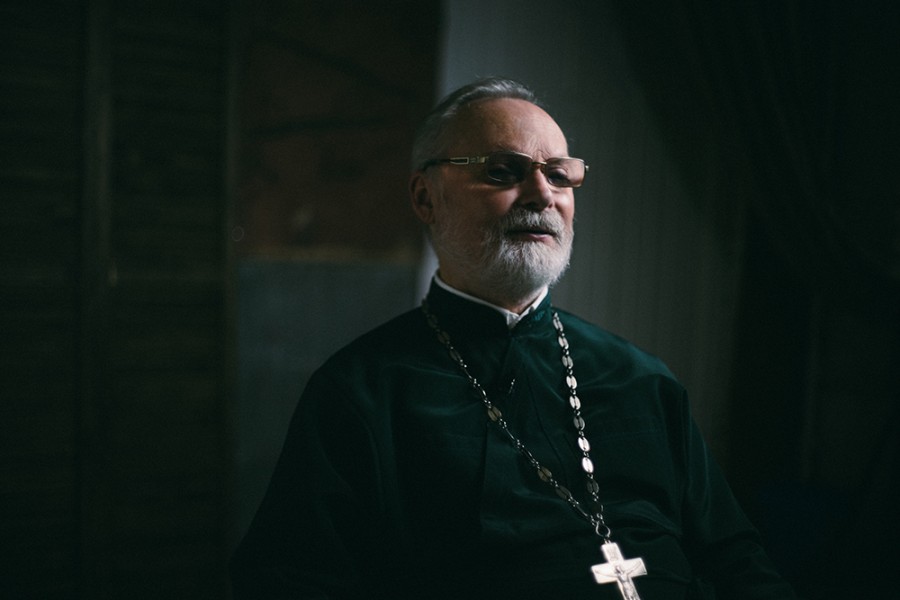
Fr. Georgy Kochetkov:
– Even the smallest, local war will change how we relate to life and death. People generally try to avoid their own death and the death of their loved ones, and, as a result of meeting with death, they re-evaluate their lives. When someone we care about dies, we suddenly understand how short and fragile life is; as a rule, we start to value life more highly. Moreover, when people meet with war, they perceive this as providential, or they perceive it in a fatalistic fashion, and become ready to commit heroic acts, finding themselves in a place where life and death are measured on the same scale. It’s true that not every person is ready to be a hero, and this is the reason why we honour our heroes and champions of various sorts of asceticism. When at war, a person finds himself in the position of having to make a choice: either he flees the battlefield, running from war, or he remains and risks much – up to and including his own life. This is the way it is in any war.
But the 2nd World War (we call it the Great Patriotic War) is a very particular case. It was not very much associated with great achievement and heroism, because the battlefield was a meat grinder, and heroism was more often than not found at the level of a duel with pistols – whether ideological or physical. We had the Counteragency for Sabotage and Espionage, there were penal battalions, and to dispose of people – for reasons either real or trumped up and ideological, i.e. false – didn’t cost anything. We lost more than 26.6 million people in that war, including some of the youngest and most active members of our population. Under these conditions, people begin to become almost indifferent to whether they will make it through the war healthy or crippled, dead or alive.
Yes, we won. Both if we are measuring in terms of victims, ours far outnumber those of our opponents. Someone once said – perhaps exaggerating a little – that our victory came at the price of 10 to 1, and this shows us the degree to which our military leaders - those who organized military operations - waged this war not for the people, but, in effect, against them. They took no pity on people, didn’t consider them their responsibility – and allowed for millions of victims in cases where things might have been done differently and without so much civilian bloodshed. This is the way things continue after the war, too, when many of those who had spent time in occupied territory or as prisoners were then sent to the GULAG – and we can think of this all as one single war, really. So what do we see here about how we relate to life and to death? Life is scary and not kind – it kills and maims. Death is just as scary and unkind – and it also shocks maims, though first and foremost, it maims a person’s soul.
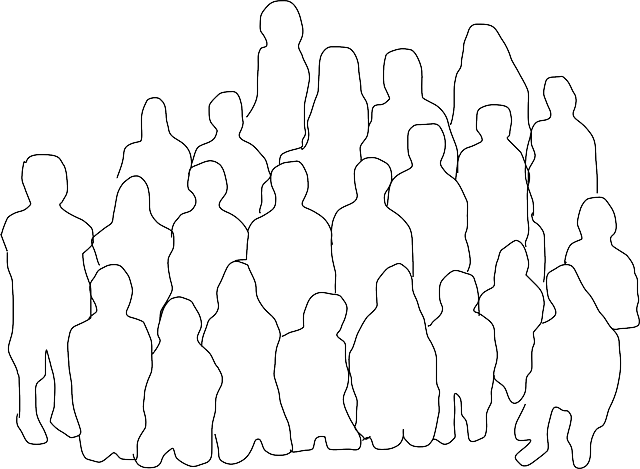
For some people war is “home territory.” Wasn’t our Great Patriotic War like this? It was. There were those who thrived on it, both morally and materially. And what did we pay for this? No one asks such questions. For asking such questions people got put away for anti-Soviet propaganda and advocating for the enemy. This is an enormous wound which hasn’t yet healed. So we should not be amazed that everywhere we either see only female population, or people who aren’t themselves and who have been disabled by Soviet power, revolution, civil war, collectivism, terror and hunger. This anthropological catastrophe won’t ever end unless we apply special measures to rehabilitate people, their recollection of history, the memory of their families and forefathers, and their dignity. In this way we can change how we relate to life and to death.
–How can we change the nation's consciousness and memory after the Great Patriotic War?
Fr. Georgy Mitrofanov:
– We have to admit that during the entire Soviet period, our country was one of the most deceitful countries in human history. Official ideology lied about the present and about the past, including even the very recent past, to which there were still living witnesses aplenty. So, during the Soviet period, war might have been spoken of sometimes more or sometimes less frequently, but remembrance of the war was understood to be a constituent part of government propaganda and a form useful for ideological brainwashing.
Moreover, at no previous point in the history of Russia had the people’s relationship to war become something of a cult. Never before had the victims of war been presented as hero half-gods, for special veneration, in which each and all in the country were obliged to take part. Never before had a war been held up as the main event in Russian and world history. All of this, to a significant degree, came about during the Soviet period. But I stress here that the main goal wasn’t to preserve memories of the war, let alone to make some Christian sense of this memory, but rather to turn the war into one of the instruments of government propaganda. And in essence this meant that war was spoken of a very lot, but no one tried at all to paint an accurate picture of the war. It’s not a surprise at all that up until this very day we are unable to accurately count the number of victims of the war, and we aren’t off by hundreds or thousands, but by millions.
Fr. Georgy Kochetkov:
– War brings with it many injustices and stratification of the population. One person goes to the front as if he’s heading off on an action-packed mission and another with the intention of remaining safe well behind the action. One, working in ideology and the manipulation of information, sends others off to battle, while another risks his life every day. People see all of this every day, right before their very eyes. The situation leaves its mark on people; it causes trauma. The Great Patriotic War was and is, first and foremost, a terrible trauma. It was a flame that burnt up what remained of the Russian people and nation as an integral whole, because the war raged longest on the territory of specifically Russian provinces, villages and towns, and these were totally destroyed.
People fought for the Russian land, for their freedom…but they were unable to identify themselves either with the Soviet land and order which had been established in the Soviet Union, or with the occupying forces of Germans, Nazis and fascists. This is simply too much for a person, to have to fight for what is his, though he can no longer see or have any hope of possessing what is his. And this is the reason that for years after the war people didn’t say anything about it – because they were unable to say anything – just as for years after coming out of the GULAG people kept silence about that experience. This is why so many people became drunks…they were anointing, with vodka, their terrible wounds, which no healthy person could endure without becoming in some way distorted. Those who say that it is impossible to celebrate victory after such a slaughter are right; after such a total destruction of our nation and its people, it is in no way possible to celebrate. We can only keep silence, or speak in very repentant tones of voice.
–How and when, during the course of the 20th c., did our society’s relationship to faithfulness and treachery change?
Fr. Georgy Mitrofanov:
– WWII didn’t change anything, qualitatively, about the communist regime. It was manhating and the primary executioner of the Russian people during times of peace, and thus it remained during the years of war. The politics of stratocide remained, by which people were culled on the basis that they belonged to a specific social class. Stratocide was applied not only with the goal of limiting, but of entirely destroying whole groups within the Russian nation, on the basis that these people of a “different class” and their families were potential enemies of the people as a whole. This whole system, in which prisoners were nearly considered to be traitors, and their family members as the family of traitors – was transferred to those who participated in military action. Accordingly, all these people were subject to social restraints or arrest. All of this remained, just as the GULAG remained.
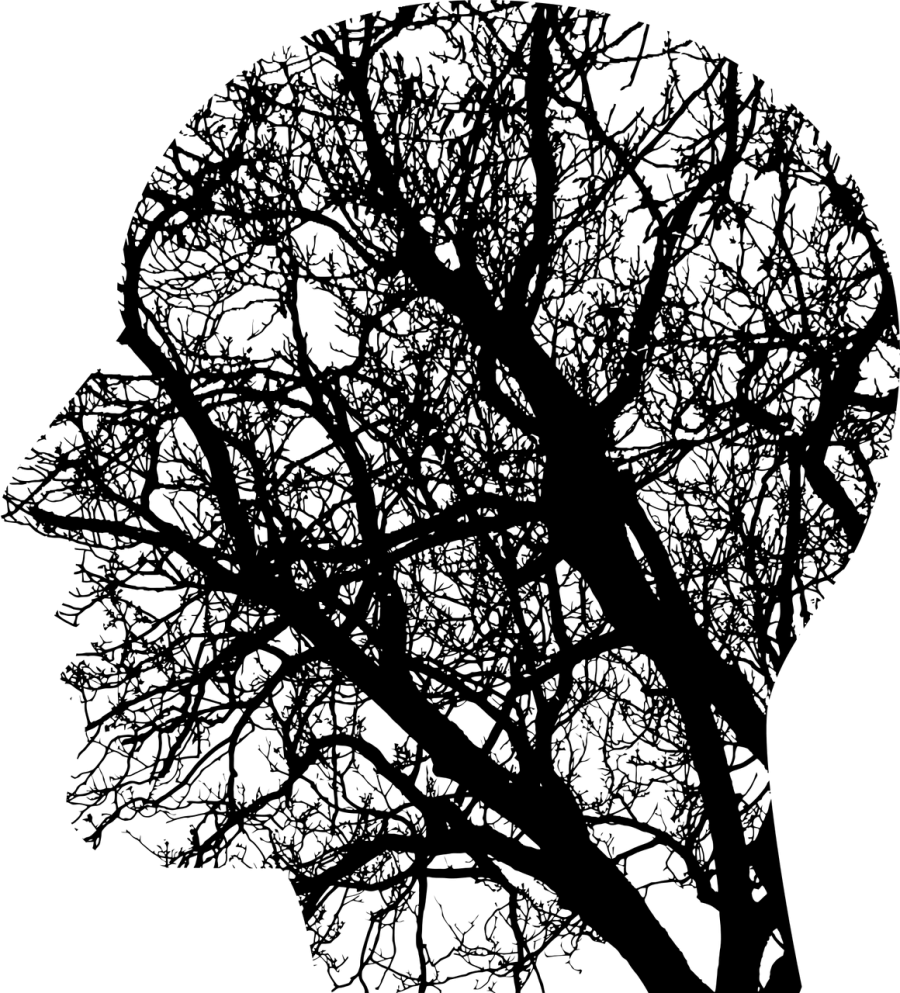
Having born an unparalleled weight of this war upon its shoulders, the Russian people undoubtedly felt the burden more than other nations, and I daresay even more than the German people, because we had such a totalitarian regime standing right behind us, in essence continuing the destruction with its politics of unnatural selection of the worst of the Russian people at all times – before, during and after the war. Hence the relationship to prisoners after the war and the readiness to believe that anyone who had been in occupied territory was a real or potential traitor. And at any given moment there were about 70 million people on occupied territory!
Fr. Georgy Kochetkov:
– The question is what people were faithful to and what they defended. Some defended their former life in Russia, some defended Soviet life, some defended their loved ones, their family, or themselves. Many people believed they were defending their motherland. Some, perhaps, were ready to follow Stalin. Although they say that “For the Motherland, for Stalin” was a catchphrase dreamt up by ideologues. If there were such cases in real life, then they were few and far between.
When we speak of faithfulness, it’s important to understand “to what” and “to whom”. Are you obliged to be faithful to your motherland, or to those who serve with you, your peers, your fellow soldiers and officers, or some abstract girl called Katyusha, from the song? What was people’s highest or primary value? This question remains difficult to answer. It would be interesting to talk about what drove people and what they died for. Tens of millions – it is impossible even to imagine the scale of this death factory. The victims of this war were not only those lost in battle, but those who died far from the front from hunger, cold, repression and rampant crime.
If you are at the front and you get a notification that a loved one has died back home, far from the fighting, then I think it is even worse than if you are at home and receive a letter from the front to say that your loved one has died. And the majority of our wartime deaths were precisely of this type: two-thirds of the 26.6 million victims of the war were civilians, rather than those who died in battle, at the front. It is very difficult for us to imagine why all the various different scenes from the Great Patriotic War are often idealized and distorted, covering up real data. Everybody thinks that people can’t take in what really happened, that they couldn’t bear it, or even shouldn’t know about it. But this is a psychological trick and a falsehood. In actual fact, people need the truth, because they need to process, live through, and overcome this horror, ridding themselves of this shadow of death. It’s like a curse or a bad lot hanging over you and giving birth to further aggression, inappropriate attitudes toward oneself, others, and everything in life – including to one’s motherland. We need to understand this and learn to speak about it. This is important for everyone: children and youth, mature adults and the elderly, Russians and non-Russians. This is important and yet it isn’t happening. Rather, we see how helpless our ideological structures are and the degree to which they don’t understand what people really need. We can only be sorry about all of this.

–Is it possible today to restore our desecrated sense of human dignity, moral consciousness, and national consciousness, including a healthy recollection of our heritage?
Fr. Georgy Mitrofanov:
– At some point I had occasion to become acquainted with the history of a system of psychological and moral rehabilitation which was used to help woman and children who were victims of bombings and various other outrages on the part of enemy forces within Germany. They were put through a complex process of psychological rehabilitation. The destroyed country of Germany tried to make healthy members of society out of these trauma victims, understanding that the wounds they had incurred would make it difficult for them to live and behave appropriately during peacetime.
And at this point I can’t help but recall the history of my own family, which was in Stalingrad and, like the rest of the civilian population of that city, found themselves in a war zone. My mother not only saw her house burn down (her family were living in an underground shelter), but watched her own father being beheaded by shrapnel. As did many people, she watched soldiers fighting for weeks and months before her very eyes…and she was only fifteen. And when her uncle, who was an engineer at the Gorky-Baltic shipbuilding factory which was evacuated in 1943, took her out of Stalingrad that same year, she was like a person gone out of her mind. She didn’t react to anything around her, only repeating and repeating the 90th Psalm. Regular trips to the theatre, where she watched classical opera and operetta during the time that she was in school, somehow helped return her to life. She was lucky, but for her whole life – I remember it well now – she was a deeply wounded person.
And I think that those who lived through this horror – my mother, and her mother (my grandmother), and my grandmother’s mother (my great grandmother) and the tens of thousands of inhabitants of Stalingrad – should have been put through a systematic psychological rehabilitation programme. But they were happy with the simple fact that they didn’t need to write that they came from “occupied territory” when they filled out forms after the war, for although Stalingrad was near completely occupied by German forces, it wasn’t afterwards considered occupied territory. That is all they received for their pains.
We could say the same for those who suffered through blockades. Who was thinking about their psychological or moral rehabilitation after the war? Not to speak of prisoners, who often were just transported from one prison camp (on enemy territory) straight to another one (in their homeland)? There is also the fate of so many wartime handicapped, who were simply collected off the streets and sent by the truckload to special places, which more resembled prisons than hospitals or sanatoriums. After such a trauma, the memory of the war will, for generations, carry ominous resonances. And no parades, benefits for the few veterans left, etc., can put this right.
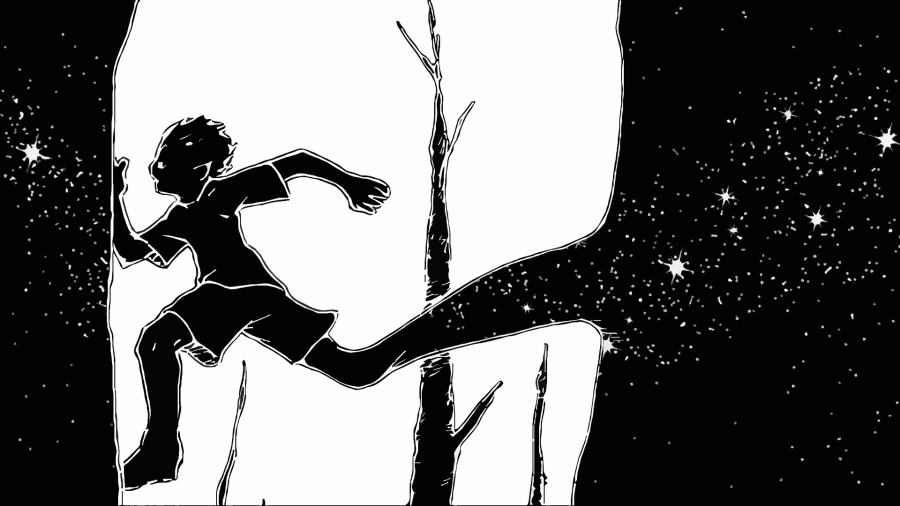
Fr. Georgy Kochetkov:
– The fact is that the restoration of human dignity is one of the central problems and tasks for our people as a whole and for everyone living in our country. All of our people, from the bottom to the top of our society, have, in my opinion, suffered the terrible humiliation that our nation was subjected to in the 20th century. Even those who were in power and stole from others in using their power, those who killed and those who informed – even they participated in their own humiliation, because they knew well that while today they could do anything and all was permitted, tomorrow they might come for you. And if they didn’t come for you then they’d come for your friends and relatives. All of this is a terrible humiliation.
A human being was worth less than a farthing on market day. Until we begin to value human beings for what they are worth – and though different people do have different worth, yet they all need to be valued – we cannot even begin to speak about the restoration of man. All of those denunciations, all the torture, rape and assault, all the hunger – it all humiliated the human being, made him into a beast or drove him out of his mind. For this reason, first and foremost we need to elevate the human person. But we should elevate the person without restraint, or simply by thinking up the latest variation on abstract humanism which knows neither God nor conscience. We need to elevate the person in a Christian way, within the church, in an Orthodox Christian way, and in a way that comes from within the best of the Russian tradition. We need to develop a programme for the nation’s repentance and rebirth, just as for the church. And we need to announce it and it should become everyone’s common affair, though in the first case the affair of those who are more advanced or who have power or authority in one sphere or another.
Interviews by Alexandra Kolymagina and Anastasia Nakonechnaya, translated by Georgia Williams